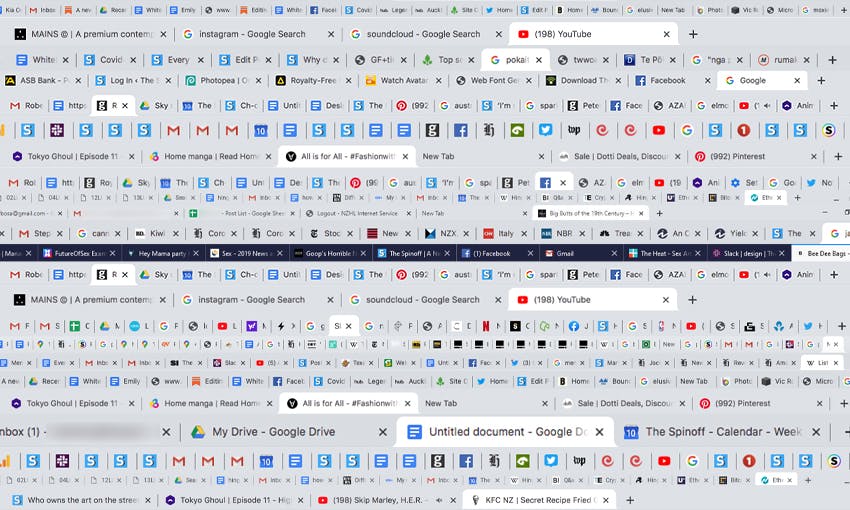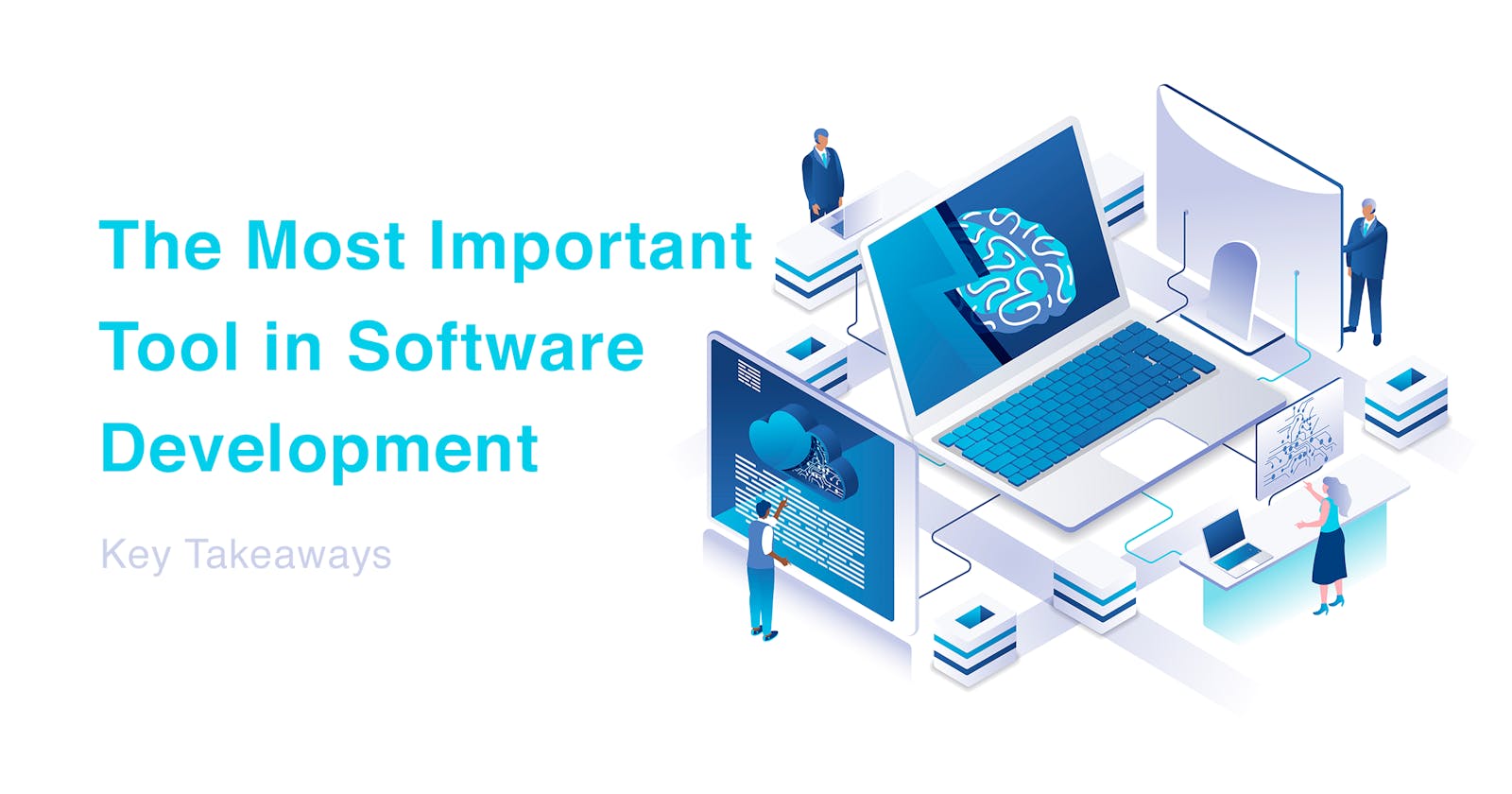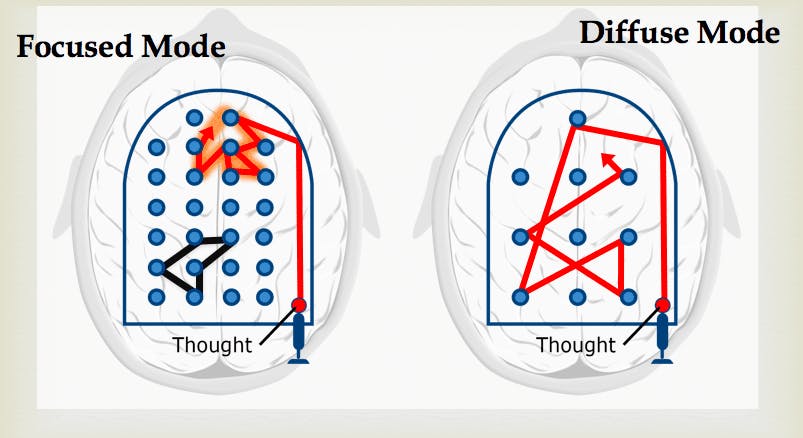The Most Important Tool in Software Development: Key Takeaways
How to make best use of your brain
Hello fellows,
Maybe you are wondering if you can actually do it
Learning a new concept
Fixing that error
Or solving your next task.
We all feel like an impostor sometimes when it comes to programming or performing certain tasks, so I totally understand, yet...
I've got some great news for you!
You have a fantastic tool at your disposal that no one can take away from you... YOUR BRAIN. Yes, yours.
The following ideas were inspired by Barbara Oakley and Zach Caceres'talk on Class Central, which I highly recommend seeing. But, for now, let's focus on some key points on how to effectively use our brain as a tool in our developer journey and lifelong learning.
1. Managing working memory
Working memory, often known as short-term memory, is located in the prefrontal cortex. Because we can only hold about four pieces of information in our working memory in average (this varies from person to person), we must be conscious of how we manage it.
For example, if we have seven, ten, twenty tabs open...
 Source
Source
This may cause us to become confused. If your working memory is overloaded and you are constantly moving through multiple tabs or screens, the answer you're looking for may be right in front of you but you are unable to recognise it.
Therefore close your tabs, go step by step, remove any distractions and you will offer your working memory a much smoother experience so it can work for you rather than against you.
2. Taking a break - Diffuse Mode
This is the opposite of the focused mode. The diffuse mode (Default Mode Network) appears to boost cognition and may provide solutions unreachable in focused mode.
Why? Because if you stay too long concentrated while solving problems or learning new concepts, you could focus on an incorrect thought pattern, which can lead to frustration. You give up since it doesn't make sense to you.
I'm not going to go into a more scientific explanation here because Barb's explanation is exhaustive. I strongly advices you to watch her presentation on this topic. But in this post, I'd like to encourage you to take a well-deserved break if you're feeling overwhelmed after numerous attempts. Perhaps you may take a walk, stretch, wash your dishes, dance, play with your cat 🐈 or take a shower. Get your mind off whatever it is that is frustrating you. This will allow you to get in the other mode of thinking.
Oh, by the way, it's not about procrastination! 😇 If you are interested, learn more about how to beat procrastination reading one of my articles.
3. Procedural Learning
There are two forms of learning that get into long-term memory: declarative learning through the hippocampus and procedural learning through the basal ganglia. The first is more represented by reading and understanding, whereas the second is more represented by doing and practicing.
In fact, you are not even aware of procedural learning: you are mastering your keyboard ⌨️ without even realising it or knowing how to explain it! 😁 Here's a tip: practice new keyboard commands until they become automatic. As a software developer, it will greatly simplify your life.
Or consider the following scenario: you are attempting to learn a new technology. One is learning about the new technology by reading about it and receiving instruction, while the other is really using it and learning from it.
Basically, you are procedurally learning something by actually doing it, which is not the same as learning through explicit instruction. You need both types of learning in order to master something. So don't forget - two different paths! Isn't that brilliant? 🌟
Final thoughts
Your brain is a powerful tool in your path as developer. Use it to your advantage!
Be aware of your working memory so it can work for you rather than against you; take a walk, dance 💃, why not and, of course, carefully interleave declarative and procedural learning.
I am very excited to share all of this information with you, and I hope it is as beneficial to you as it was to me.
Dare to use well this incredible tool, your BRAIN!
Until next time, bye bye! 😊


